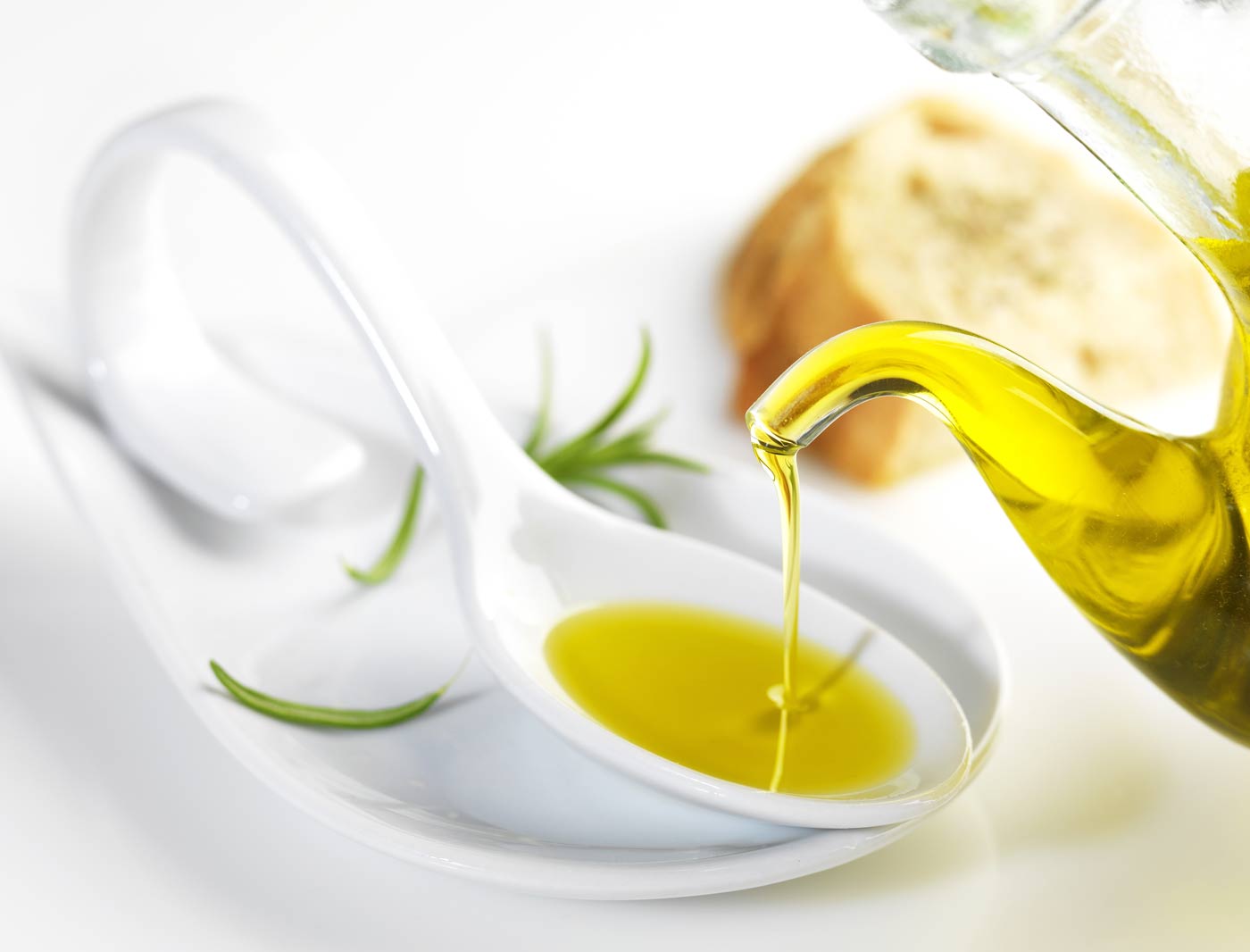
Olive oil has long been regarded the “safer” oil to cook with among other vegetable oils.
But is extra virgin olive oil high in calories? And what percentage of fat is in olive oil?
In this blog, we’re going to explore olive oil calories and provide olive oil nutrition facts to set the record straight.
The process of harvesting and processing the olive fruit is a complex, and indeed very important, part of what makes it so beneficial. In addition, it’s the fruit itself from which the oil is made, unlike most other oils. This benefits of olive oil have absolutely everything to do with the ripeness, climate, producer, and soil type from which the fruit is grown.
There are no carbohydrates or protein in olive oil. There are calories in olive oil, which mostly derive from the monosaturated fat – which is regarded as heart-friendly.
The question on everyone’s lips, however, is this – is extra virgin olive oil high in calories?
Answering the question, "Is Extra Virgin Olive Oil High in Calories?"
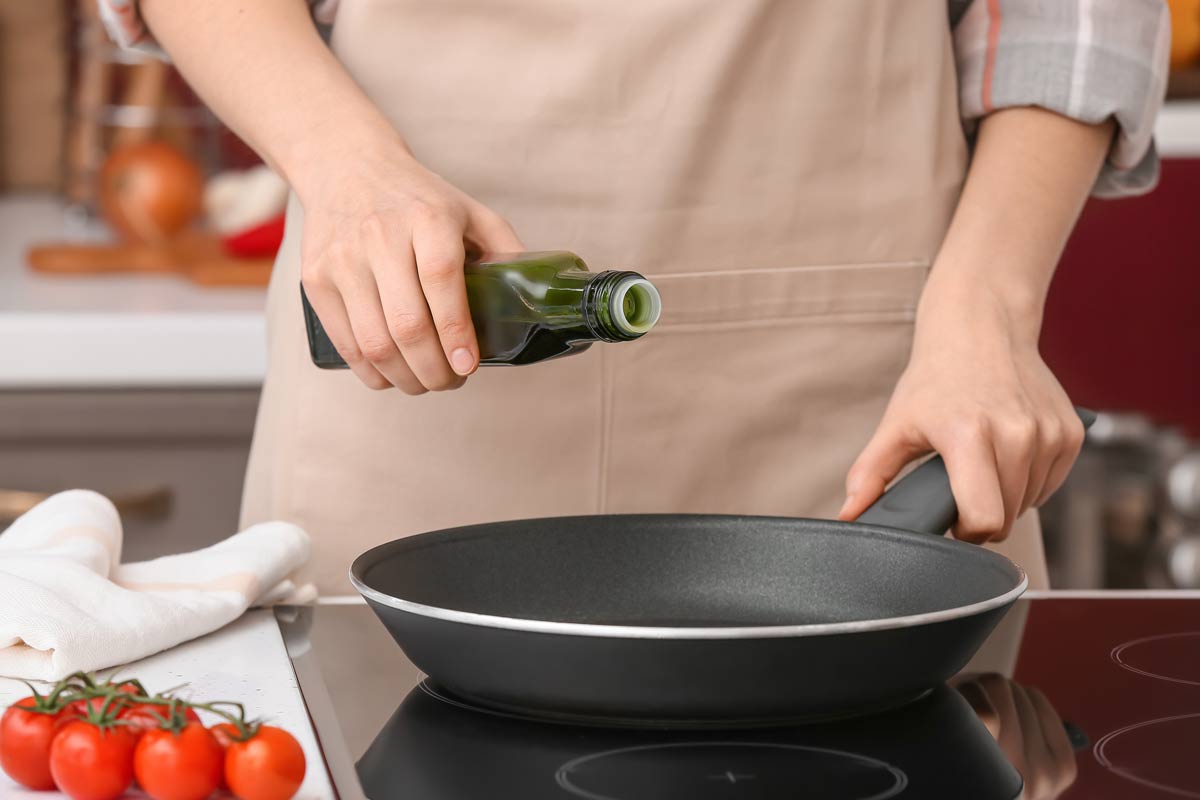
According to the USDA, one tablespoon (15g) of olive contains approximately 119 calories and 14 grams of fat, of which 9.85 grams are monounsaturated fat, 1.42 grams are polyunsaturated, and 1.86 grams are saturated fat.
In other words, yes – olive oil is high in calories, but most of the fat in olive oil is the "good" kind. Additionally, as with any healthy diet, moderation is key to the benefits of ingesting it.
When it comes to the benefits of olive oil, it’s the Extra Virgin Olive Oil (EVOO) you should be looking at - more specifically, High Phenolic Extra Virgin Olive Oil. Not only does this contain all the healthy monosaturated fats and polyphenols, but it’s also beneficial for maintaining a healthy overall lifestyle.
First, let’s explore what high phenolic olive oil means, and why it’s so important…
High phenolic olive oil contains a high concentration of polyphenols, which are plant-based compounds found within olives.
In short, olive oil nutrition is based on the amount of pure beneficial compounds, vitamins, and minerals it contains. Some olive oils, however, don’t contain many of these nutrients due to the growth, harvesting, and processing production itself.
So, in essence, it’s not the olive oil itself that is healthy, but rather, the nutrients it contains.

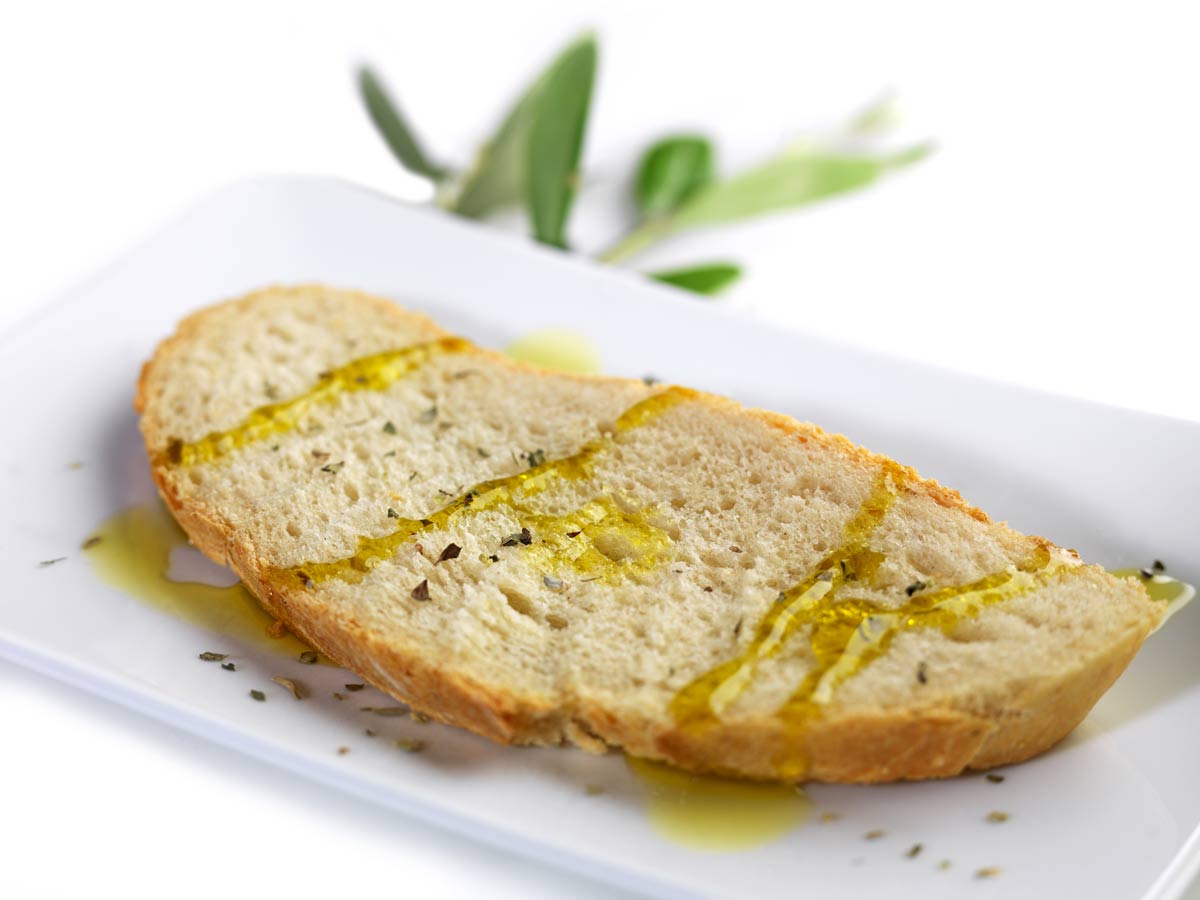
Unfortunately, owing to the fact that food production companies want to keep up with supply and demand, they often stray from the appropriate processes in the growth and manufacturing of the fruit and oil itself.
Polyphenols are naturally found in the olive fruit.
According to an article submitted to the Faculty of Agronomic Engineering of the University of Lleida, by Luz Stella Artajo Medina, the process of crushing the olives causes the “skin” of the fruit to tear and slowly release small droplets of oil.
The transition from solids to oil, and then to liquid, is where the process of cultivating the beneficial polyphenols like Oleocanthal is often compromised. Moreover, the malaxation, which refers to the process of mixing milled olives, also affects the micronutrient content within the EVOO.
When any of these phases are ineffectively carried out, the polyphenol content significantly decreases, the benefits of the olive oil become compromised and, ultimately, the oil contains all the monounsaturated, polyunsaturated, and saturated fats without the benefits of the polyphenols.
That is when olive oil is a "bad fat". In the event where the product is processed incorrectly, it doesn’t nearly contain enough nutrients that make EVOO healthy. When it comes to any fats, it’s best to consume in moderation. In fact, only 15 grams of high-phenolic olive oil a day is enough to unlock all the benefits of polyphenols.
As previously mentioned, there are three types of fats in olive oil, namely monounsaturated, polyunsaturated, and saturated fat. The main type of fats found in EVOO are monounsaturated fatty acids (MUFAs), which are considered healthy or "good" fats.
Fat is widely misinterpreted as a "swear word" among people who want to lose weight, but certain fats have been found to essentially lower total cholesterol levels, according to Mayo Clinic.
Though it’s still recommended to consume olive oil in moderation due to its high calorie content, replacing saturated and trans fats with their monounsaturated counterparts will certainly promote a healthier diet.
That said, always remember to combine these healthy fatty acids with wholesome meals, as adding them to unhealthy meals would diminish their benefits.
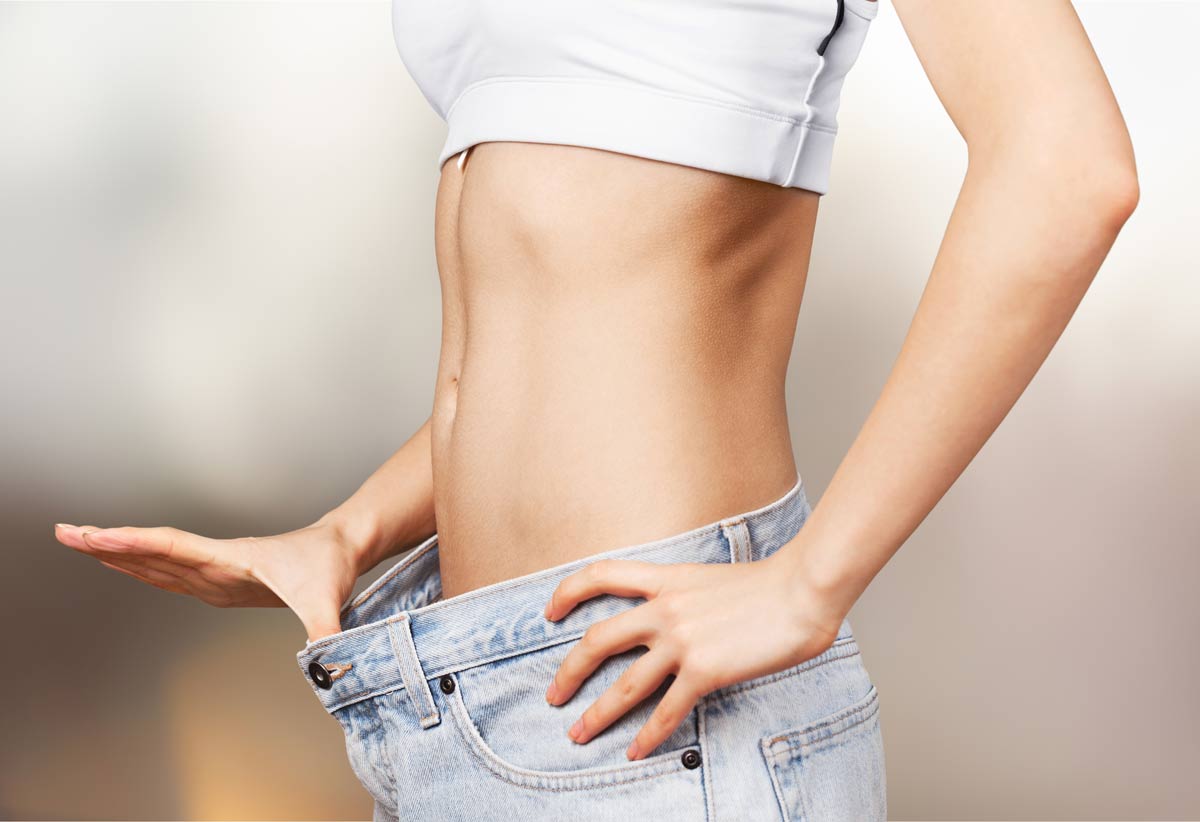
Cold-pressed EVOOs in particular are excellent as the process from which they’re made includes no refinement. Moreover, due to olive oil’s monounsaturated fatty acid content, it can make you feel fuller for longer, without containing "empty calories" like trans fats.
Furthermore, olive oil is also great for the gastrointestinal tract, which stimulates digestion and regular bowel movement. In other words, with healthy digestion comes an improved metabolism – which is excellent for weight loss.
Cold pressing is the process of extracting oil from olive fruit with little to no heat to retain its nutrients.
The method involves crushing the olive fruit and forcing the oil out from the olive by applying a certain amount of pressure. With more commercial extraction machines, extra heat is used to extract even more oil – which is how lower grade olive oil is extracted.
While the heat does extract more oil, it also damages the natural physiological and chemical properties in the olive that make it beneficial, including its natural polyphenols and other micronutrients.
Some scientists and online resources claim that olive oil can be bad for the heart, which is true to some extent. The fact is, it’s all in the grade and the amount of olive oil consumed.
For example, even water, vitamins, and certain minerals can all be deadly if ingested in excess, which is why it’s always best to maintain a balanced diet.
Furthermore, the grade of the olive oil makes all the difference.
As mentioned above, the way in which the olives are grown, harvested, and extracted determines the quality and grade of the olive oil. Using-high phenolic olive oil gives you all the right amounts of polyphenols and other beneficial nutrients in lower but more potent quantities.
Cold-pressed, high-grade, high-phenolic EVOO is the best choice for those who wish to consume healthy amounts of polyphenols and other micronutrients. You can determine whether a product is high-grade by its international certifications, health claim labelling, and Cold-Pressed Extra Virgin Olive Oil confirmation.
This ensures the product you’re purchasing contains all the health-protective nutrients and antioxidants you need to promote optimal well-being.
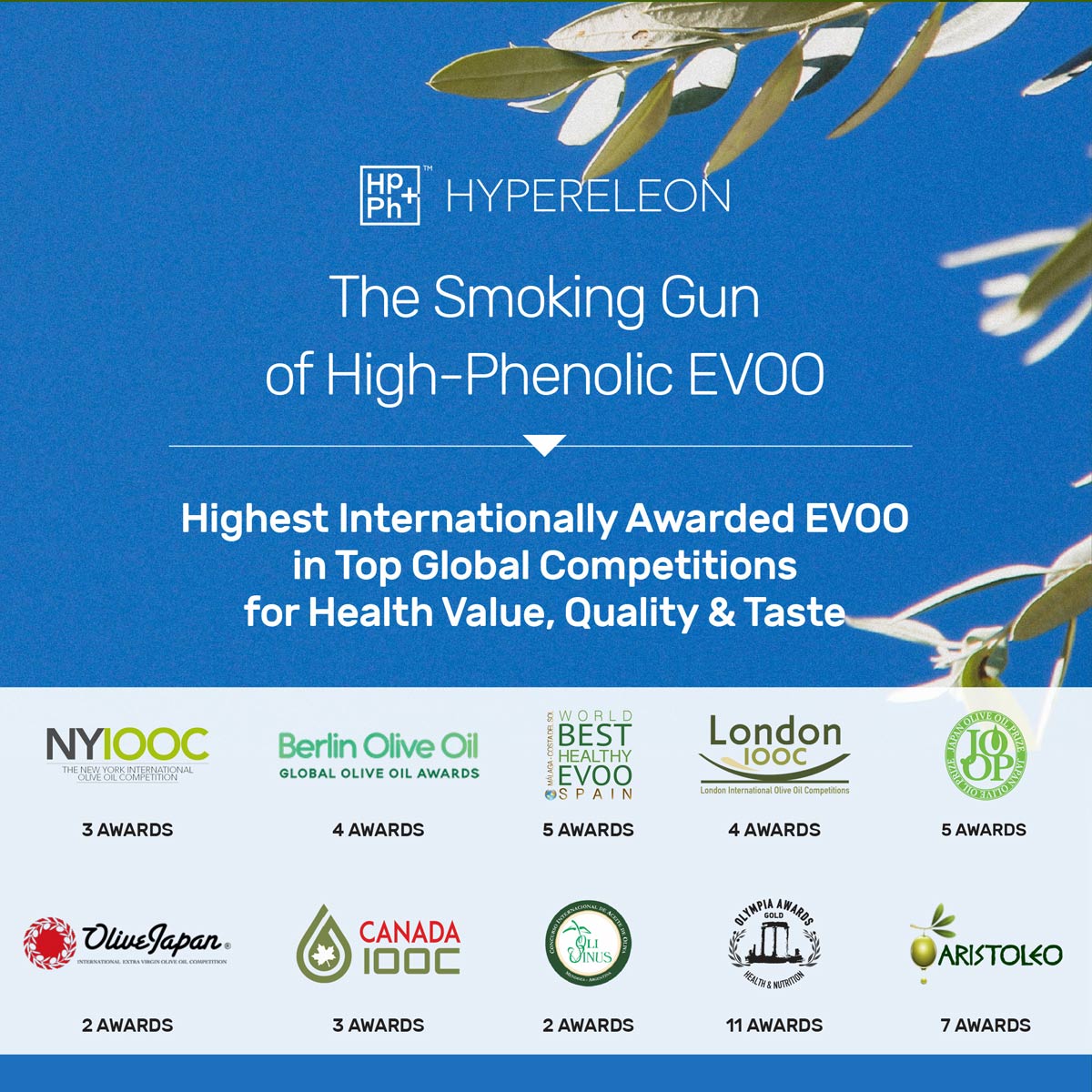
HYPERELEON has won multiple international awards for its premium grade, high-phenolic extra virgin olive oils. Our products are unfiltered, cold-pressed, and contain all the beneficial compounds naturally found in olives.
Our processes are uniquely monitored to ensure all nutrients are flawlessly cultivated from growth to storage.
Try HYPERELEON’s range of high phenolic EVOOs today.